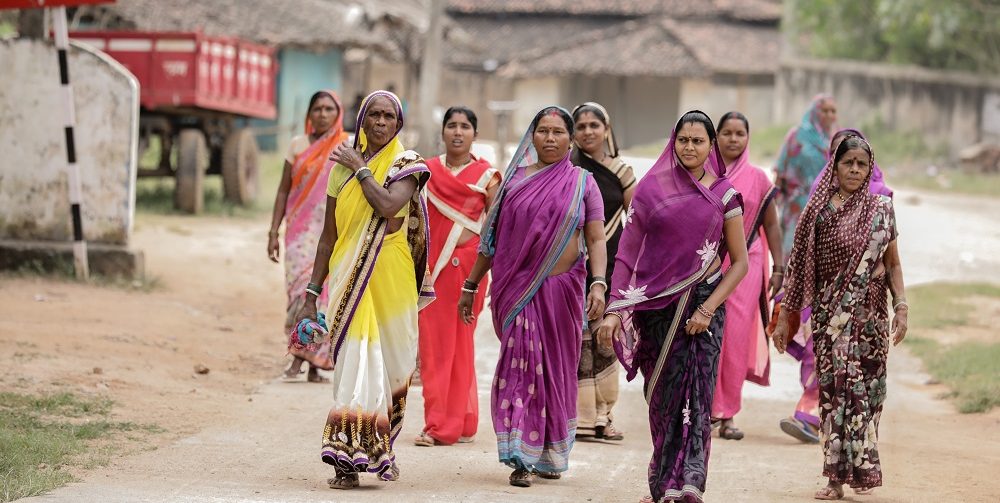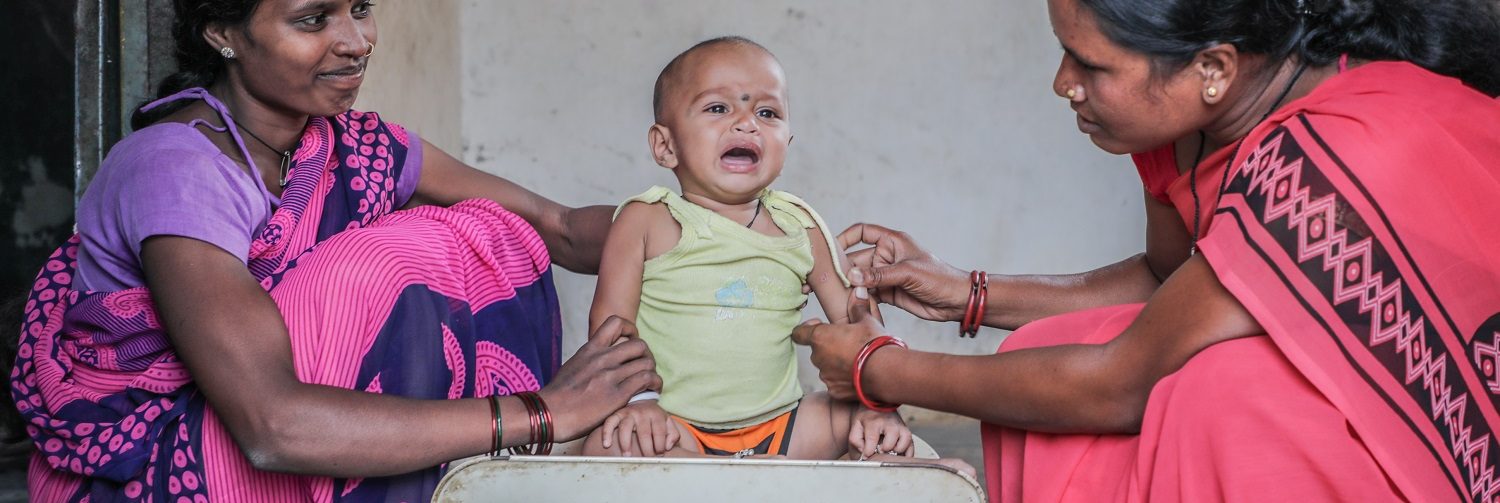When India’s flagship undertaking on nutrition, POSHAN Abhiyaan (or, the National Nutrition Mission) was launched two years back on international women’s day, March 8, 2018, it underscored a hugely significant fact - focusing on women is imperative for improving the country’s nutritional outcomes. This is especially true in a country where a third of women of reproductive age (between 15 to 49 years) are undernourished, with a body mass index (BMI) of less than 18.5 kg/m2. About half (51.4 percent) of women in this age group are anemic. And of much concern, one in five (22 percent) adult women in India are overweight (IFPRI analyses based on NFHS-4 data).
Women’s wellbeing is critical to tackle India’s complex challenge of malnutrition. Evidence from an IFPRI study shows that factors related to women – their low body mass index, education and age at marriage - account for much of the difference between high and low stunting districts. Another study validates that factors related to gender, poverty and health services account for changes in anemia over time – both for women and for children.
Along with women’s nourishment and education, their age at marriage is also very important for the overall nutrition outcomes. A study by IFPRI researchers describes the pathways from early marriage to poor child growth in India and reinforces the need for targeting policies at delayed marriage to address childhood stunting. Evidence from other researchers too shows that mother’s age at marriage, maternal BMI, height and education are some of the key risk factors for chronic undernutrition among children in India. Another study highlights maternal stature, lack of maternal education and low maternal BMI as some of the strongest correlates of child anthropometric failure in India. Not just undernutrition, evidence shows that women’s empowerment is crucial for addressing the double burden of malnutrition too.
Global research, from other low- and middle-income countries, shows that while women's decision-making on credit is associated with their dietary diversity, increasing women's productivity and income alone is not sufficient to improve women's nutritional status. Additional actions are required to ensure that women have decision-making power over productive assets and the use of income from agriculture and off-farm employment in order to act on their nutrition knowledge. Nutrition interventions delivered via the platform of women's groups have proven to be effective in addressing health outcomes.
Hence, it is evident that to meet the lofty targets set by POSHAN Abhiyaan, of progressing towards a malnutrition-free India by 2022, it is essential to focus on women’s nutrition, their education, age at marriage and overall empowerment. While adolescent girls’ education, diet and age at marriage are among the stated themes of POSHAN Abhiyaan, a targeted focus and transforming action around these specific themes are missing.
It is also important to examine the ways in which poor nutrition among women might compromise their own ability to fully participate in society. Unlocking their full potential as workers, caregivers and leaders is critical in a fast progressing economy like India. Well-nourished and empowered women will not only be better equipped to perpetuate a vigorous intergenerational cycle of nutrition, they will also maximize their contribution to the growth and development of the nation.



